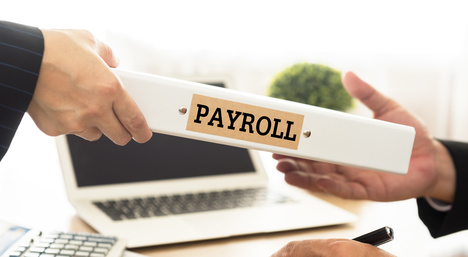
The IRS may seem tough on collecting income taxes, but they are even tougher when it comes to payroll taxes. Payroll taxes the money withheld from employees’ wages, and the employer is required to pay it to the IRS. The money is a trust fund belonging to the federal government, and no matter how good a reason you have for using it for something else, the IRS will hold you liable for non-compliance. If you, like many others, have any doubts about the process of paying payroll taxes, we can clear up any confusion by answering five FAQs.
1. What are the employer’s responsibilities for payroll taxes?
As an employer, it is your responsibility to:
- Collect appropriate payroll tax documents from employees.
- Calculate payroll taxes and withhold them from employees’ remunerations.
- Pay payroll taxes to the IRS and other taxing authorities within the stipulated timelines.
- File payroll tax reports in a timely manner.
2. What does the payroll tax deductions include?
The payroll tax deductions include Federal income tax, Social security taxes, and Medicare tax withholding. Other inclusions include Unemployment tax that can be substantial, depending on the company’s layoff history. A portion of the unemployment tax is paid to the state government, and a smaller amount to the federal government.
3. How do I calculate payroll taxes?
To calculate payroll taxes, you need to know the current Social Security, Federal Unemployment, and Medicare tax rate for employees. You can leverage many online tax calculators for ease and convenience, or consult an IRS tax attorney.
4. How to pay payroll taxes?
The IRS requires all payroll tax deposits to be made electronically, using the EFTPS Online System. You do not need to make the deposits using a deposit coupon. Simply go to the EFTPS website, register, and then use the website to pay the taxes. The payroll tax amount will be deducted from your business’ bank account.
5. What are the penalties for unpaid payroll taxes?
Penalties for unpaid payroll taxes vary depending on charges against the defendant. The penalties include late fee that keeps increasing with further delay in payment. In extreme cases, the IRS may levy jail time of up to 5 years to owners, check signers, and other individuals responsible for non-payment.
Need Help with Payroll Taxes? Contact Us, Today!
If you are facing problems with IRS Payroll Tax Payment or do not completely understand the process of paying payroll taxes, our experienced IRS tax attorneys can help. We, at Law Offices of Nick Nemeth, are committed to helping our clients overcome IRS payroll tax issues. Our IRS tax attorneys have years of experience, and are ideally equipped to tackle even the most complex payroll tax problems. For a no-obligation consultation on IRS payroll tax problems, simply call (972) 426-2553 or fill out a contact form and we will take it from there.


